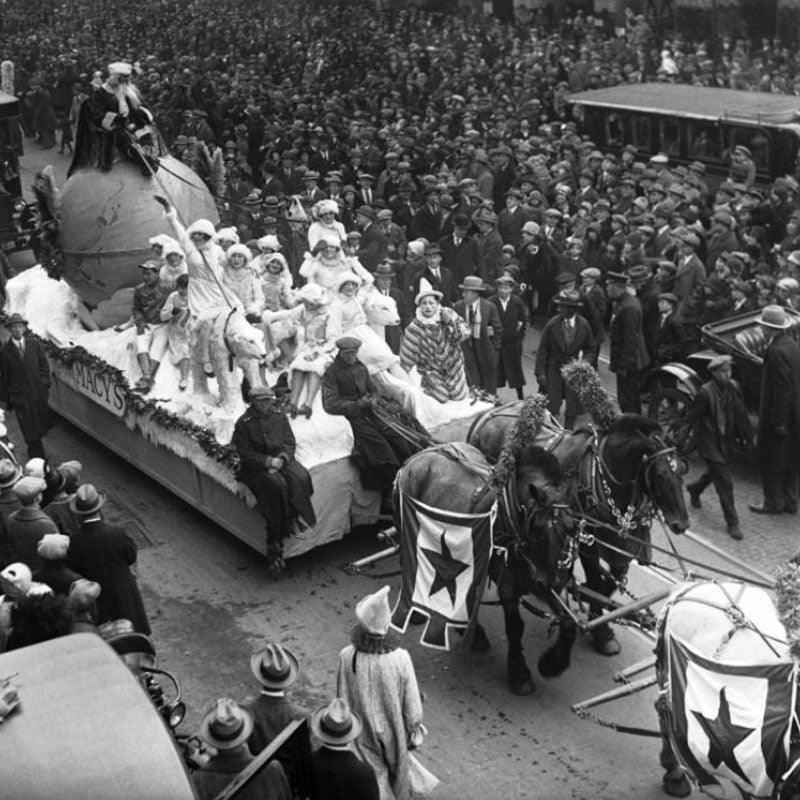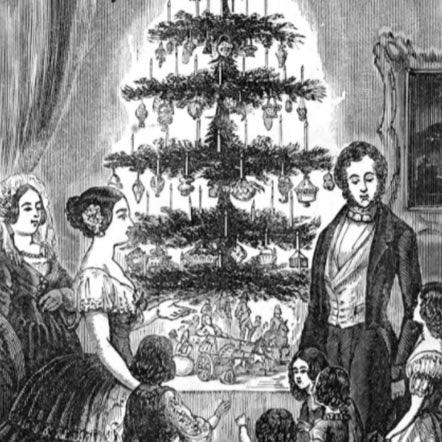Acrostic Poetry And Georgian Jewellery

Writing an acrostic poem is no doubt something many of us did in school, made to think outside the box by our teachers and reflect on the creative possibilities of language. If you have not written an acrostic poem before, to do so one must take each letter from the name you have chosen and use it to start each line or sentence. For instance if you were to use the name of our favourite author, each line would need to start with the letters of her name: J, A, N, E, A, U, S, T, E, N.
In 1818, John Keats wrote an acrostic poem dedicated to his sister in law, Georgina Augusta Keats. He uses the pleasant rhyming pattern of AA, BB, CC to express his appreciation for Georgina, who had reportedly aided Keats on some of his national countryside walk as his health was failing.
Some ten years later and from across the sea, Edgar Allen Poe wrote an acrostic poem in response to Elizabeth Landon and her poem Warning. Poe criticised her gloomy statement about love and its little effect over her being. As you can see from the two examples, acrostic poems were not always used to flatter and were an interesting way for writers to respond to one another within literary circles.
We wanted to take a look at acrostic poems because although there is not an overwhelming collection from the late eighteenth and early nineteenth century for us to draw from, it is thought that they influenced the use of gemstones in certain arrangements to convey messages or intimate feelings. The first letter of the name of each gemstone used in the piece would spell out a sentiment, such as adore, regard, dear or dearest. It is thought the first jeweller to create this kind of jewellery was Jean-Baptiste Mellerio, a Frenchman who had reportedly sold a cameo bracelet to Marie Antoinette in 1780 and who started the craze by using gems to spell out j’adore on some pieces he designed.
Example of an acrostic pendant from the Georgian period, reading 'love'.

According to researchers, rings were the most popular form of acrostic jewellery in the Georgian period, probably because their shape lent them well to rows of gemstones but doubly because of their intimate nature. The example below, dated to around 1820, reads 'regard' by using ruby, emerald, garnet, amethyst, ruby again, and finishes with diamond in the centre.

As we get closer and closer to the festive period, you may be thinking about how you can meaningfully express your affection for loved ones whilst giving them a gift they will appreciate. Why not think about the associated meanings of certain gemstones used in some of our Regency inspired jewellery, such as our Jane Austen Regency Garnet Ring to express love and admiration or our Charlotte Amethyst and Pearl Ring for humility and trust. Do let us know if acrostic jewellery is something you would like to see from us by getting in touch via our social media!
If you don't want to miss a beat when it comes to Jane Austen, make sure you are signed up to the Jane Austen newsletter for exclusive updates and discounts from our Online Gift Shop.




2 comments
I don’t always know the names of the gems – as in the first one above. So it would also be fun to learn names of gems so we could create – or at least imagine – acrostic jewelry.
Anonymous
I would really enjoy more information
About acrostic jewelry!!
Very interesting
Thank you!!
Elizabeth
Anonymous
Leave a comment
This site is protected by hCaptcha and the hCaptcha Privacy Policy and Terms of Service apply.